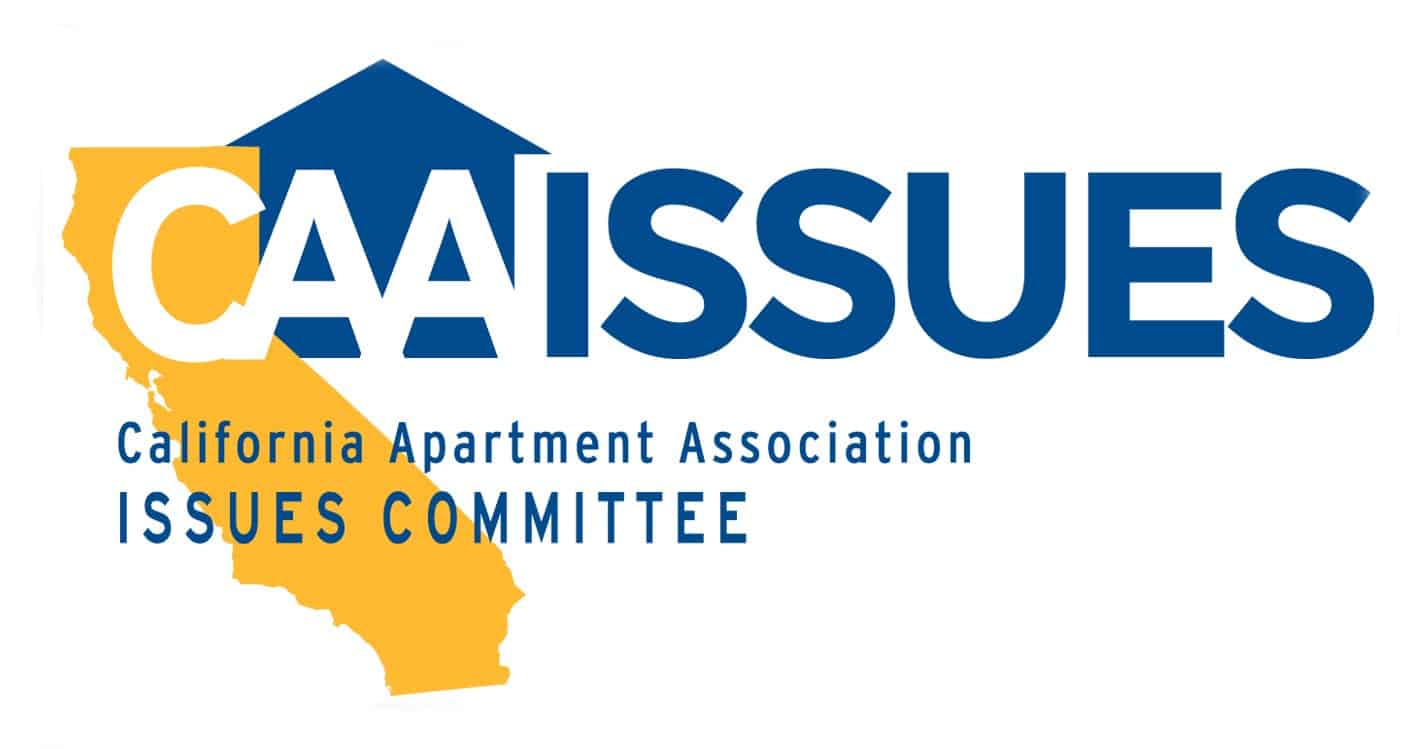Landlords don’t have to conduct extensive investigations to track down tenants who go missing when facing eviction, according to a ruling Wednesday by the Sixth Appellate District Court.
After receiving a brief from the California Apartment Association, the appellate court ruled in favor of the property owner, Stanford University, which tried but could not locate Christine Marie Ham to personally serve her with an eviction lawsuit.
Instead, Stanford mailed the paperwork — an unlawful detainer summons and complaint – to Ham’s residence and posted it on her front door. Landlords reluctantly resort to this technique, known as “nail and mail,” when a tenant facing eviction can’t be found.
Ham, on the East Coast at the time, argued that Stanford made insufficient efforts to find her before using the “nail and mail” method.
Ham argued that the high standards required for finding defendants in non-eviction civil cases should also apply to unlawful detainers.
The appellate court disagreed, ruling that with evictions, landlords know where the defendants live, making protracted investigations mandated in other types of litigation unnecessary.
Earlier this year, the California Apartment Association filed a brief in the case, contending that mailing and posting an unlawful detainer complaint are justified when, after multiple attempts, a process server can’t deliver them, and the landlord lacks an alternate address for forwarding the documents.
The brief, by Karen McCay of Pahl & McCay, was cited with approval by the court in its discussion of how other service methods delay the eviction process.
In Ham’s case, a process server for the university made five attempts to deliver the eviction lawsuit at Ham’s residence — at different times and on different days — before resorting to posting and mailing. Moreover, Ham’s employment information was outdated, creating another obstacle to reaching her.
If Ham had prevailed in this week’s ruling, cases like hers would drag on and on as property owners pay to investigate tenants’ whereabouts, losing potential rental income all the while.
By law, the eviction process is intended to quickly restore possession of apartments to landlords when tenants refuse to pay rent.
Thanks in part to CAA’s brief, this isn’t about to change.

